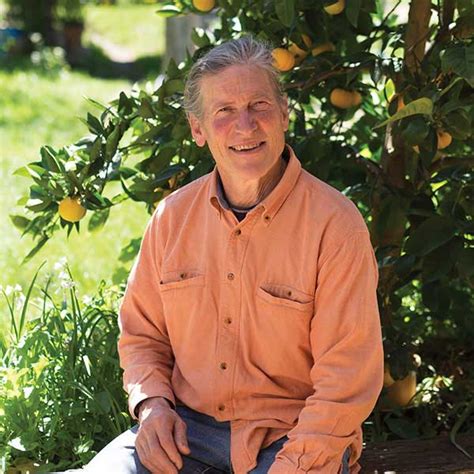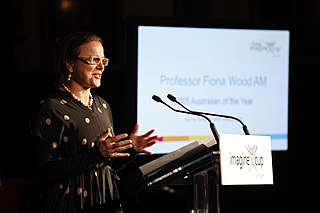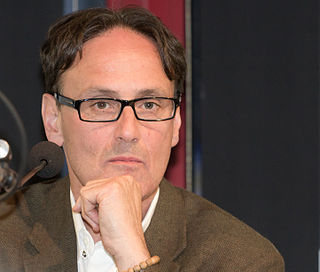A Quote by David Holmgren
I thought if something was a good idea, we should be able to apply it to ourselves as guinea pigs and do something with it, rather than just tell other people what they should do.
Related Quotes
We are all the time, from our childhood, trying to lay the blame upon something outside ourselves. We are always standing up to set right other people, and not ourselves. If we are miserable, we say, "Oh, the world is a devil's world." We curse others and say, "What infatuated fools!" But why should we be in such a world, if we really are so good? If this is a devil's world, we must be devils also; why else should we be here? "Oh, the people of the world are so selfish!" True enough; but why should we be found in that company, if we be better? Just think of that.
I feel that other people's suggestions are very dangerous. Yet, I can't say that they are always destructive or not useful. Perhaps, rather than having other people tell you how you should improve your work, they should just tell you how they understand your work, what they got out of it, so that you can figure out yourself if what you did was right or wrong.
The aim of the book is to set a limit to thought, or rather - not to thought, but to the expression of thoughts: for in order to be able to set a limit to thought, we should have to find both sides of the limit thinkable (i.e. we should have to be able to think what cannot be thought). It will therefore only be in language that the limit can be set, and what lies on the other side of the limit will simply be nonsense.
Any good broadcast, not just an Olympic broadcast, should have texture to it. It should have information, should have some history, should have something that's offbeat, quirky, humorous, and where called for it, should have journalism, and judiciously it should also have commentary. That's my ideal.
Nothing can cost you someone you love. The only thing that can cost you your husband is if you believe a thought. That's how you move away from him. That's how the marriage ends. You are one with your husband until you believe the thought that he should look a certain way, he should give you something, he should be something other than what he is. That's how you divorce him. Right then and there you have lost your marriage.
We don't want to be wounds ("No, you're the wound!") but we should be allowed to have them, to speak about having them, to be something more than just another girl who has one. We should be able to do these things without failing the feminism of our mothers, and we should be able to represent women who hurt without walking backward into a voyeuristic rehashing of the old cultural models.
Being able to influence the outcome, being able to do something about it, to be able to stop the bleeding. You're not being useful if you're just standing there going "Oh, that's awful!" You're only useful if you actually do something about it and I think that goes for everything. If you actually do something about what's in front of you, then you are actually contributing and you haven't got time to be self-centred or sorry for yourself. You should be doing something about the person you really should feel sorry for.
My advice for an aspiring astronaut is to really follow your passion. I mean, study something that interests you, but also qualifies you to apply. NASA recruits from a wide variety of backgrounds. I know people who have applied to be an astronaut who ask me, well should I do this or should I do that. And I said, you know, it doesn't matter. The basic requirements are you have to be in good health, and you have to have a good heart, I mean in a technical way, not to be a kind person, well that helps. Study something that you like and do well in it.
And we should forget, day by day, what we have done; this is true non-attachment. And we should do something new. To do something new, of course we must know our past, and this is alright. But we should not keep holding onto anything we have done; we should only reflect on it. And we must have some idea of what we should do in the future. But the future is the future, the past is the past; now we should work on something new.
Writers shouldn’t underestimate the difficulty of what they’re doing, and they should treat it with great seriousness. You’re doing something that really matters, you’re telling stories that have an impact on other people and on the culture. You should tell the best stories you can possibly tell and put everything you’ve got into it.






































